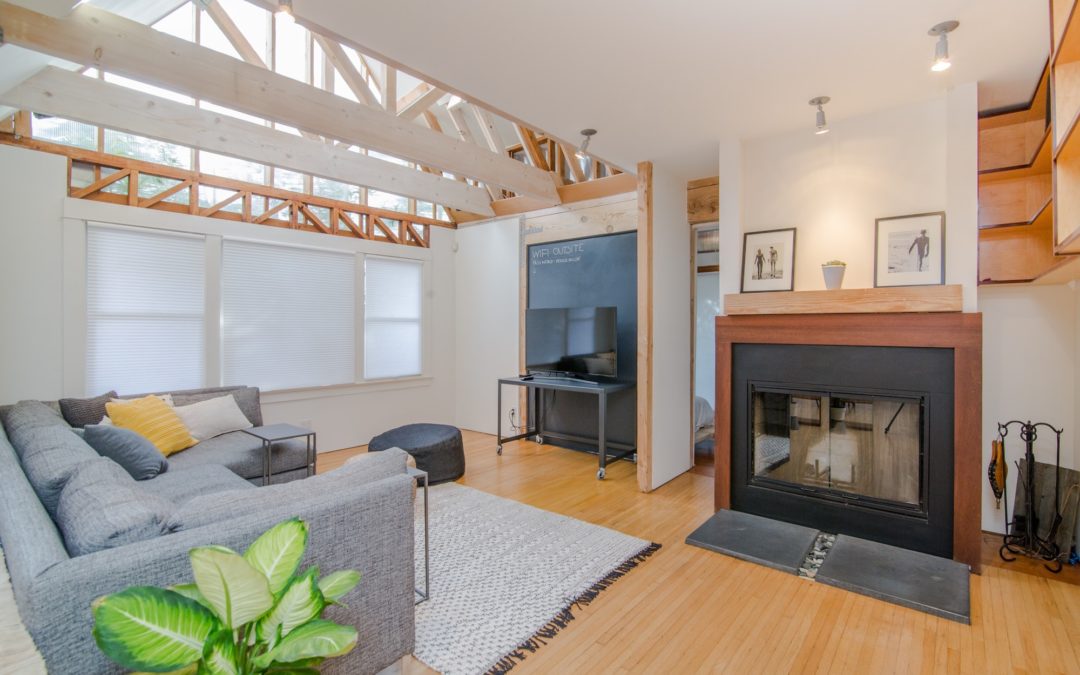A sober house might be the ultimate solution for those looking to seriously quit their drinking habits for good, after returning from drug rehab. While in rehab, patients have to adhere to strict laws to prevent themselves from falling prey to their addiction needs. The same however cannot be said about the post-rehab life, where the recently sober patients experience greater freedom and are quite likely to give in to the temptation for substance abuse.
A sober house tends to be the intermediary place where one can live until they have completely mastered control over drug addiction. While these homes offer the residents the freedom to go on with their normal lives, certain rules and regulations are placed to ensure sobriety is maintained. These regulations normally differ from one sober house to another, however, there are some underlying rules that all houses follow.
1. No Tolerance For Drug Abuse
A place that expects you to stay sober at all times would undoubtedly have a zero-tolerance policy towards substance abuse. Unlike your own home, where you can easily bring in alcohol or drugs, a sober house has strict laws in place to prevent such a thing from happening.
Rehab specialists at soberlivingct.com, a sober living house in Connecticut, share that sobriety is maintained by conducting regular drug tests to keep your drug and health charts up to date. These drug tests are randomly conducted, often without warning. In case you are found in possession of the drugs or you fail to pass the drug test, you might end up getting expelled from the sober house. The looming threat of expulsion prevents most residents from getting involved in matters of substance abuse.
2. Take Responsibility For Yourself
The aim of the sober house is to enable individuals with addiction problems to be able to take their own responsibilities and manage their lives without help. Therefore, at a sober home, you are expected to pay all your bills at the exact time they are due, without delays. You are supposed to take care of your own room, whether you live alone or share your room with a roommate.
3. Find A Job
It isn’t a rule at every sober house, but most such places encourage the residents to look for a job or do community services. It is part of their effort to look after themselves and take responsibility for their expenses.
Having a job enables the addicts to get out of a certain routine and meet new people, many of whom can provide them with an inspiration to become better versions of themselves. The social contract itself becomes a major part of their rehabilitation.
Those who find it difficult to maintain a job, are expected to enroll themselves in certain community work. This way, the addicts realize their role as a major community builder in society and understand that their lives matter as well.
4. Maintain Your Sleep/Wake Cycle
Inconsistent sleep-wake cycles are known causes of anxiety and depression, which in turn makes achieving sobriety even more difficult. It is therefore elementary in a sober house to sleep and wake up on a certain time every day.
However, even if they are not sleeping at the same time, they are expected to stay quiet during these hours, keep the lights of their room dim and abstain from any sort of rigorous activity. Doing so ensures that others sharing the sober house with you sleep without getting disturbed from your sleep cycle. This also increases the chances of you reforming your sleep-wake cycle and opting for a healthier sleep routine.
5. Receive Counselling Sessions Regularly
To help maintain long term sobriety, you shall be required to join outpatient treatment programs to track their recovery. Most sober houses either offer in house counseling sessions or require you to join an outpatient program to mark your recovery. If these sessions are in-house, you need to maintain consistent attendance, a failure to do so can result in the appropriate actions to be taken by the sober house’s administration.
If however, you join an outpatient program, you have to show proof of your attendance in the form of a signed note by your doctor or counselor. The fear of being penalized for missing your counseling sessions can be enough to keep you on your toes and go through with the meetings even if you feel compelled to miss them.
6. Handle The Household Chores
When sharing a single house with multiple residents, the responsibility to keep it up and running falls on every individual. In a sober house, the various in-house chores are divided among all the residents. There might be days when certain people are expected to clean the kitchen while others are to cut the back lawn’s grass.
Maintaining your house like a family enables the entire house to stay connected. The more connected all the residents are, the better they are able to support each other through this arduous journey towards sobriety.
To keep the sober house running smoothly, the administration of each house enacts the laws it deems fit. There are some houses that have restrictions placed on travel, on the basis that the further away the struggling addicts are from the sober house’s administration, the more difficult it gets to monitor their activities. Most sober houses even have curfews in place to ensure that all the residents are back home by a certain time.
Therefore, when looking for the right sober house to shift to, one must inquire about all the laws that they will be expected to follow. Finding the right place can make all the difference in your journey towards a sober future.

